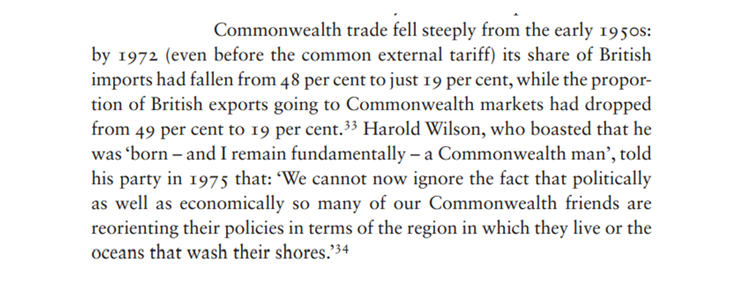
Gladstone on the Irish Nationalist leader, Charles Stewart Parnell: "the most remarkable man I ever met".
Quite a compliment from a man whose acquaintance included the Duke of Wellington, Sir Robert Peel, Benjamin Disraeli, Cavour, Garibaldi, Charles Darwin, Tennyson & JS Mill.
Quite a compliment from a man whose acquaintance included the Duke of Wellington, Sir Robert Peel, Benjamin Disraeli, Cavour, Garibaldi, Charles Darwin, Tennyson & JS Mill.

Gladstone's daughter, Mary Drew, was distraught when Parnell's relationship with a married woman was exposed in court. Home Rule had become a holy cause, unfit to be touched by "soiled hands". 

Gladstone wanted Parnell to retire from public life altogether once the affair was exposed - so that he could return a few years later. "There ought to have been a death, but there would have been a resurrection". (An extraordinary comparison for a man of Gladstone's faith). 

For Gladstone, Home Rule became inevitable once the Irish electorate returned Home Rulers in 85 out of 103 constituencies. And he made a striking analogy with Scotland. Home Rule & independence are not the same, but there are so many comparisons with more recent debates. 

• • •
Missing some Tweet in this thread? You can try to
force a refresh













